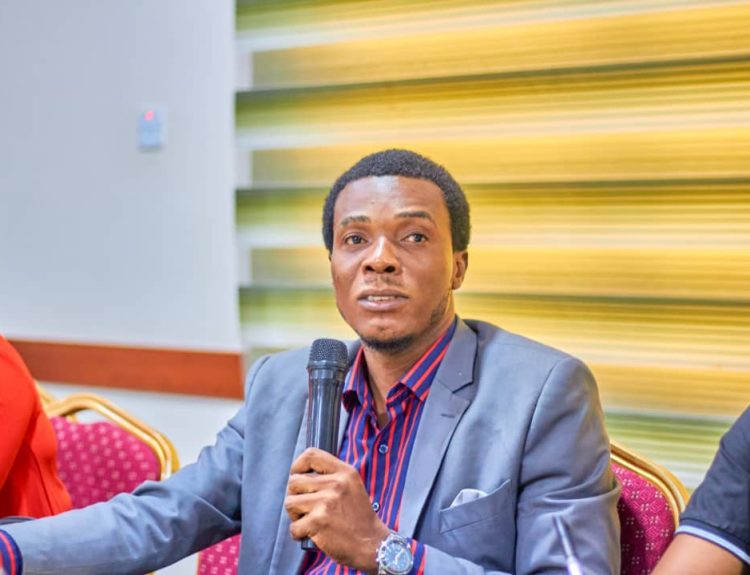
Nigeria’s return to democratic rule in 1999 was amid divergent views and antithetical conclusions by local and foreign observers. The sustainability, even feasibility, of democracy in Nigeria was widely debated and mostly doubted. Some loudly opined that the country had no destiny with democracy, hence the futility of any effort thereof. Some others reined briefly in their denunciations, only watching with bated breath for the country’s democratic experiment, which to them was a disaster-in-progress, to eventually explode.
The faithful few that nurtured some frail optimism that democracy had come and would stay in Nigeria still were confronted with the question: Why didn’t democracy stay when it earlier came? So it was patently an unsure moment. It is in the light of the foregoing that it could be understood that the major challenge which the first term of the Obasanjo administration had to contend with was the fear of military intervention.
Now that Nigeria has had its longest experience with electoral democracy, it is time to look both backward and forward. This requires first a scorecard of the country’s democratic enterprise and, second, a prognosis of the future of democracy in the country. This should be our preoccupation as citizens; it is an obligation we owe ourselves as stakeholders in the country’s democratic venture.
Looking back at our more contemporary experience with elections, what emerges is a set of hollow rituals, simulated landslides, direct captures and bandwagons, in which votes did not just count, or worse still, votes were not counted. In many of our elections, snatching and stuffing of ballot boxes, falsification of election results, intimidation of electoral officers, financial inducement of voters and underaged voting still define and defile our electoral system. These are realities that not only undermine the credibility of elections but also impugn the prospects for democratic consolidation in the country.
The centrality of credible elections to a democracy is akin to the relevance of money to an economy. The devaluation of the vote in Nigeria is implicated in the legitimacy crisis which governments have had to battle with lately in the country. As the value of money signifies the robustness of the market economy, so does the value of the vote signify the vigor of a democracy. The value of the vote can be approached from three dimensions: Promissory value, Content value and Psychological value.
Promissory value of a vote refers to the promises made by those who ask for the vote to deliver the value of the vote on demand in terms of programs (manifesto) for which they have received the vote. The more these promises are kept, the higher the promissory value of the vote. We have it on the authority of Professor Okechukwu Ibeanu that the central question which promissory value raises is: Are the promises made at elections kept?
On the other hand, content value of votes has to do with the value of each vote measured against the value of another. Do the votes and opinions of some count more than those of the others? Technically, the content value of a vote in any democracy is measured by the tendency towards zero of the comparative value of two votes. The main question content value raises is: Are all votes equal? Finally, psychological value of votes refers to the value attached to the vote in the minds of the electorate. It measures the subjective belief of the voter that their vote will make a difference. In a normal democracy, the value of the vote in all three aspects tends to be high.
However, Nigerian voters do not attach great promissory, content or psychological value to their votes, and they have no illusion about the importance of their votes, because they suspect that their votes will either not be counted or that their votes will not count. The vote is greatly devalued and the mandates claimed by most politicians are effectively dubious. This is because empty promises are made at elections and voters know that the deposits they are making in terms of their votes will be worth little or nothing in the end.
The concerns which this piece intends to address are: How do we defend the future of democracy in Nigeria? How do we reestablish the credibility of elections in Nigeria? How do we make votes not just be counted but also to count in Nigeria? How do we restore the sanctity of the electoral process in Nigeria?
I strongly advocate that there must be popular mobilization for election monitoring and mandate protection. This is a natural role the youth of Nigeria and civil society groups must take up. Their compromise, laxity and collusion with the “enemies of their progress” have in the end paved the way for those who abort their vision and abbreviate their dreams to hold sway.
Again, there is need for voter education. Faith-based organisations, women groups, labour unions, associations of students, traders’ associations and town unions must realize they have a role to play in restoring and preserving the value of the vote in Nigeria through sensitisation and popularisation of the best electoral practices.
Also, electoral reforms that would aid the emergence of a potent regulatory framework and an unbiased electoral umpire peopled with men and women of integrity must be carried out. There is need for an honest police force and an incorruptible judiciary. The mass media, as a collectivity, in Nigeria must live up to its Burkean designation as “the Fourth Estate of the Realm” to serve as a watchdog against electoral fraud in the country. With these factors in place, the task of regaining the credibility of elections and defending the future of democracy in Nigeria would have been accomplished. God bless Nigeria.


2 Comments